JUMOKE SANWO
PORTAL OF REIMAGINATION - DÚNA DÚRÀ
July 2021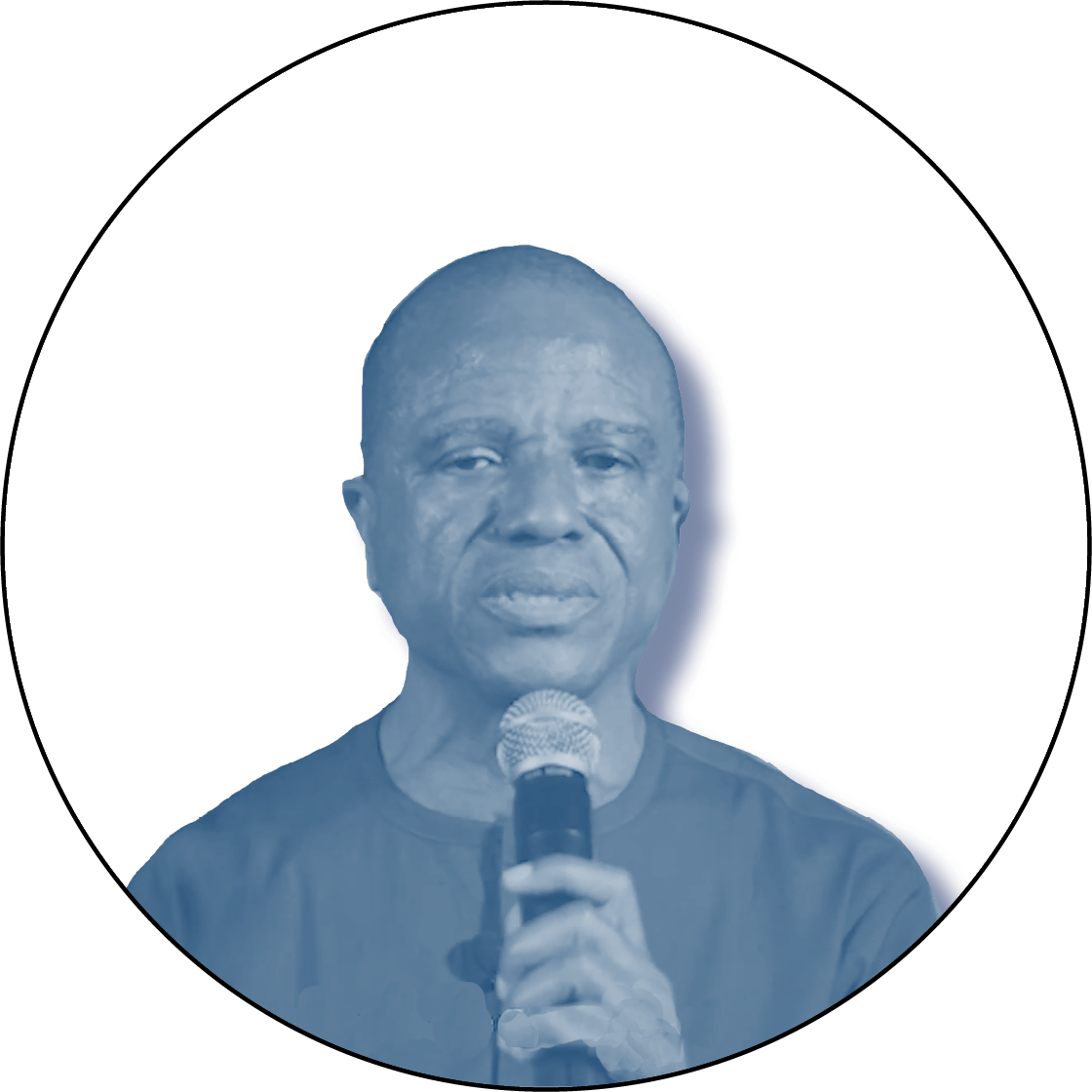 THE PLACE WHERE THE KING CHASED US TO
THE PLACE WHERE THE KING CHASED US TO THE NIGHT MARKET AND HISTORY
THE NIGHT MARKET AND HISTORY
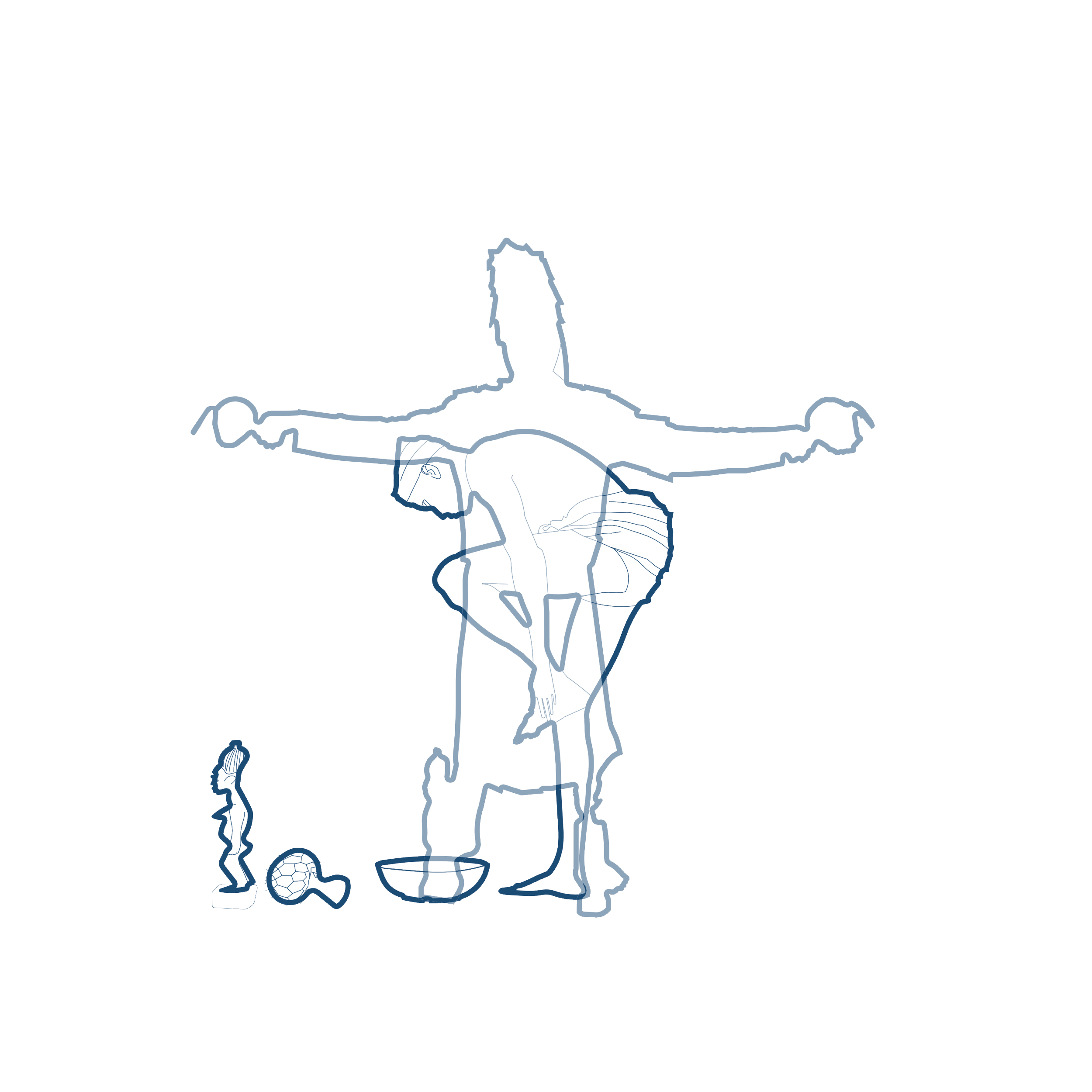
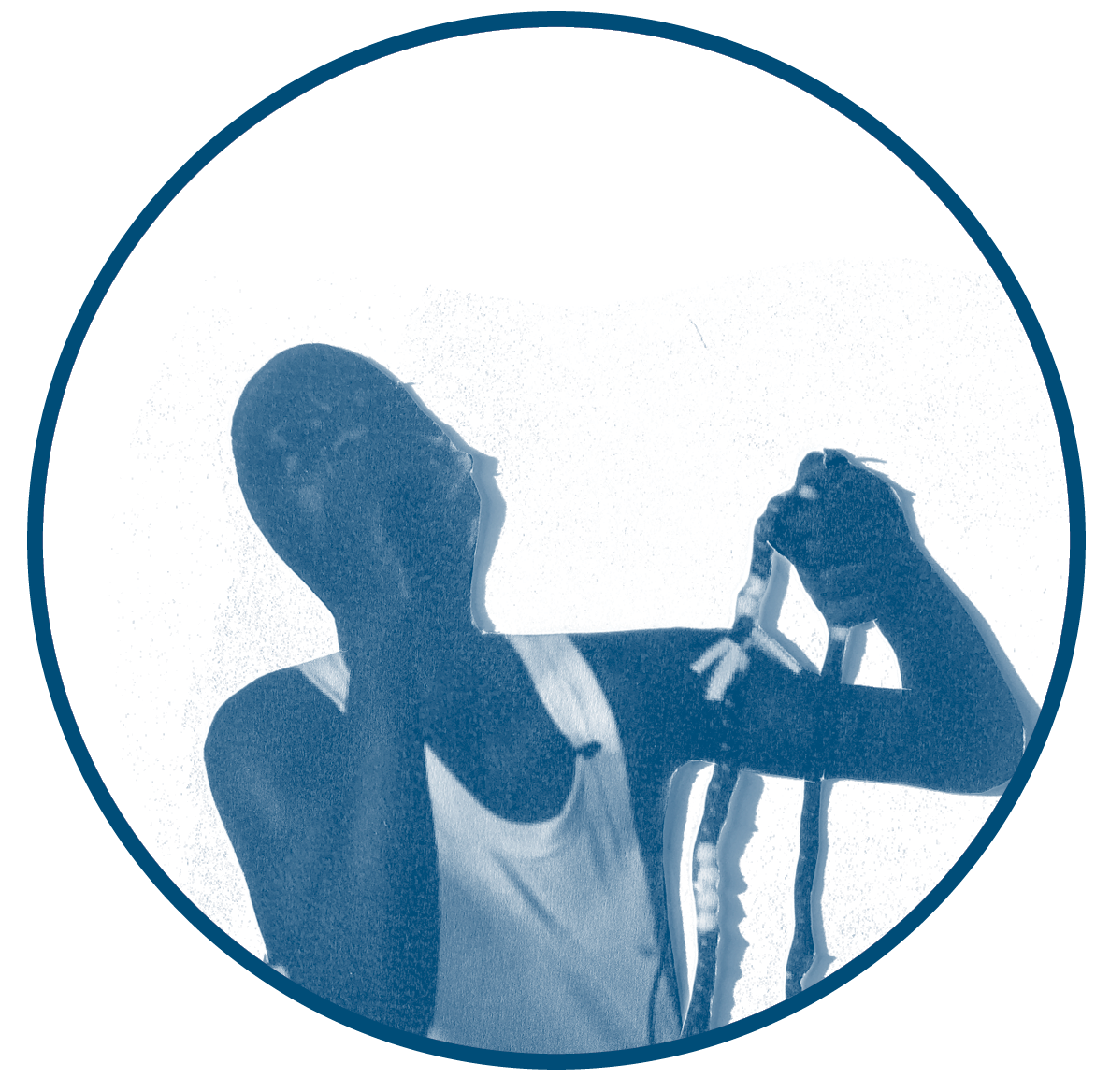

 AYÉ LOJÀ, OJÀ L’AYÉ
AYÉ LOJÀ, OJÀ L’AYÉ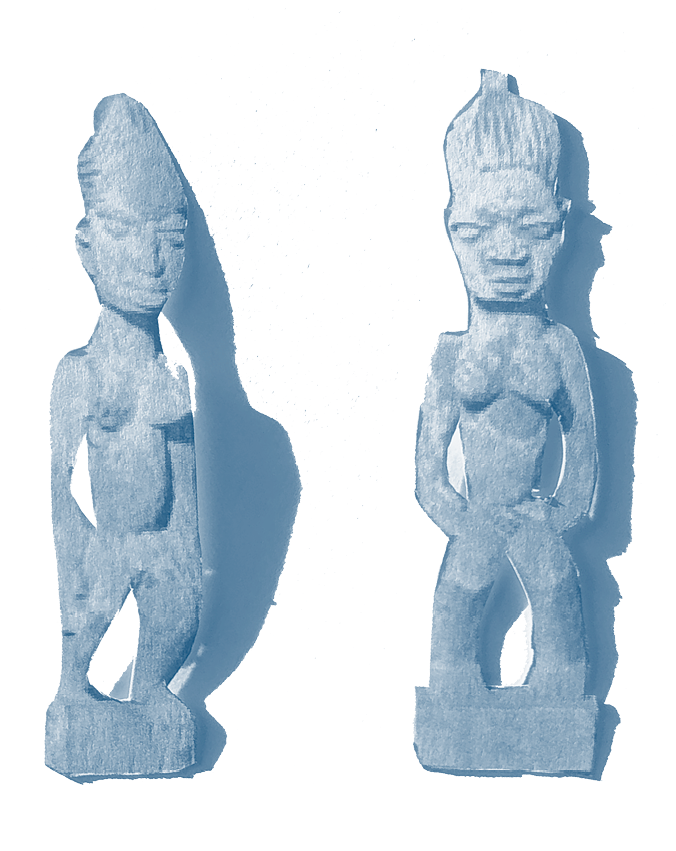

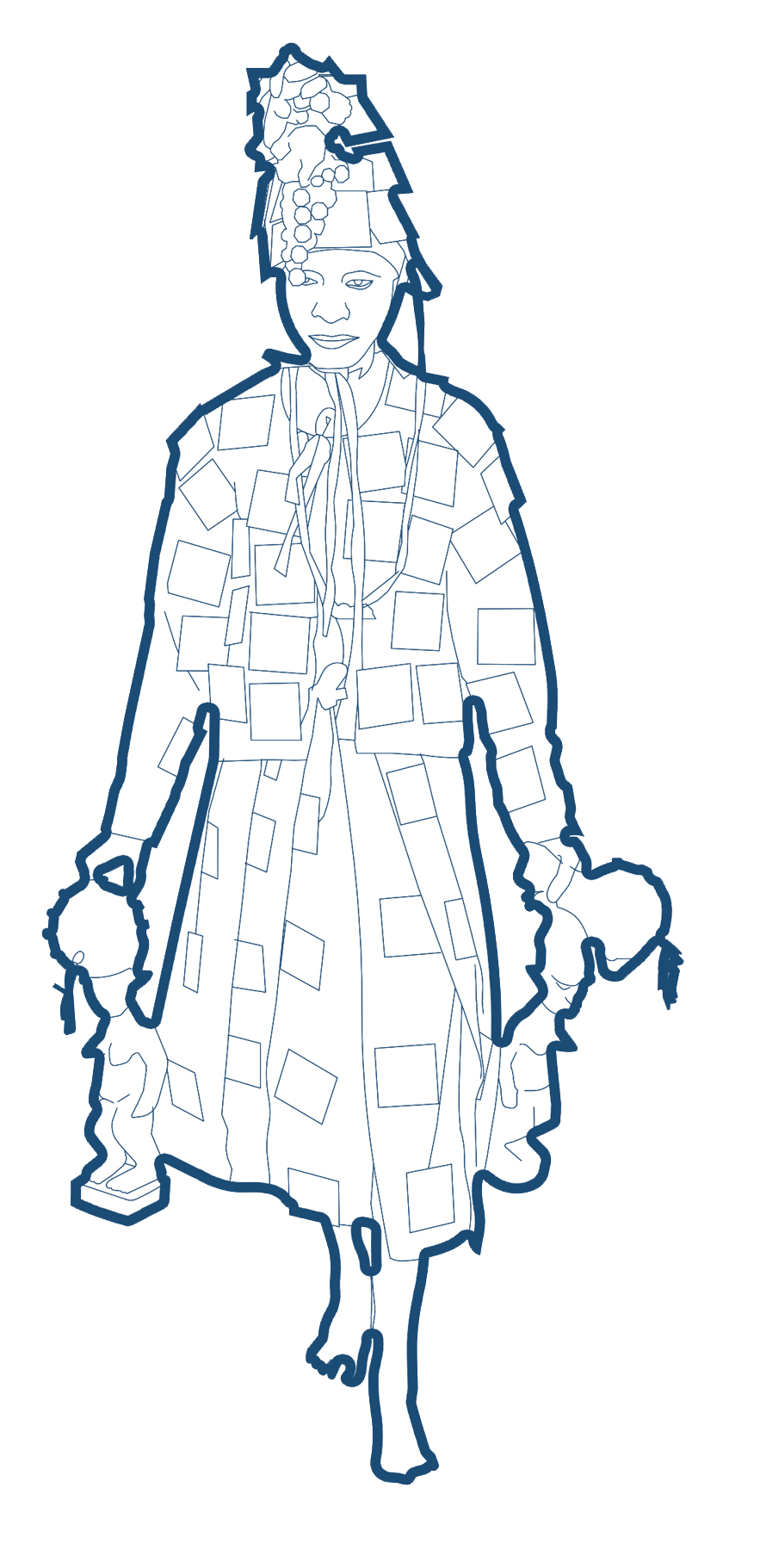
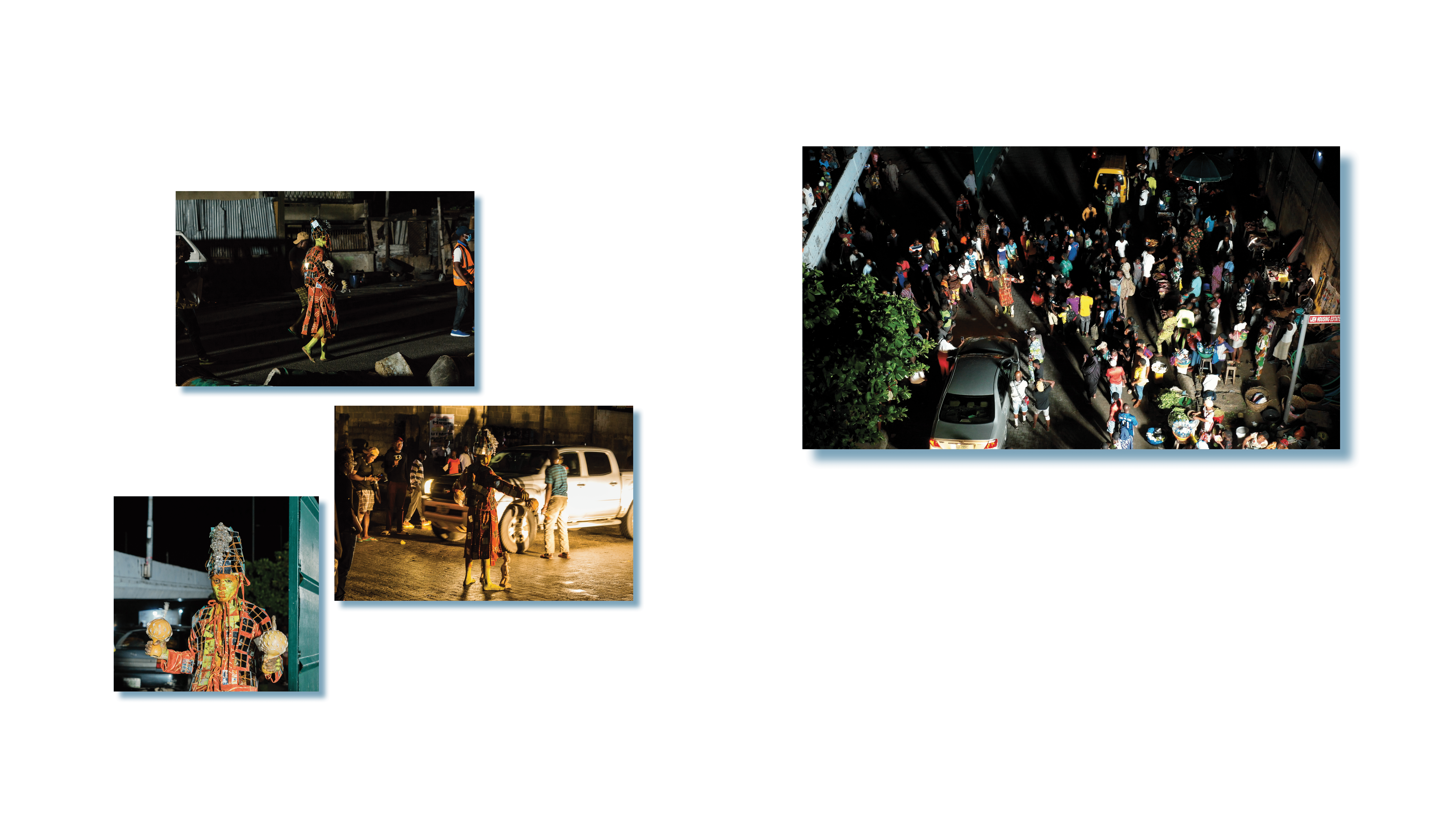

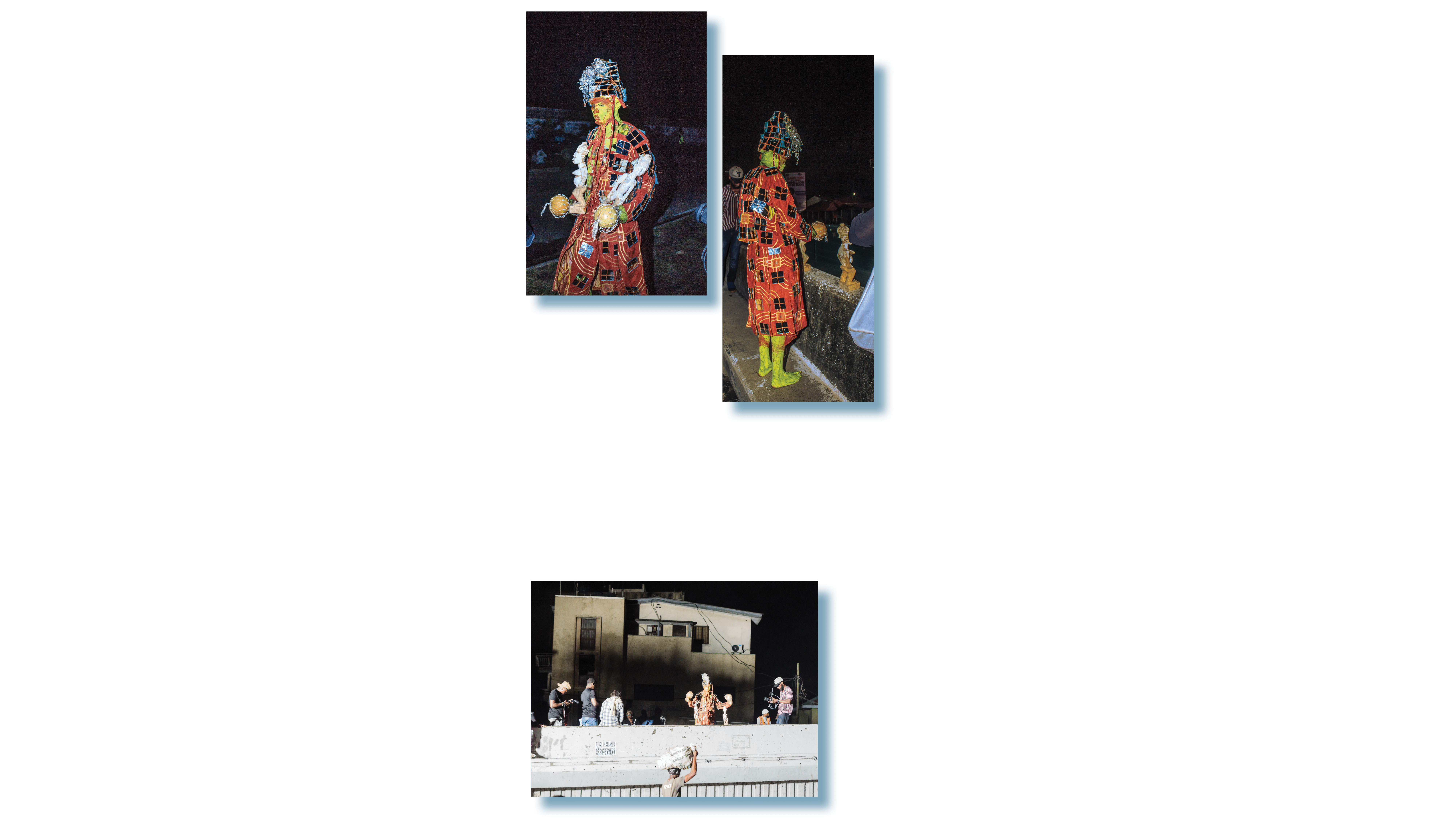
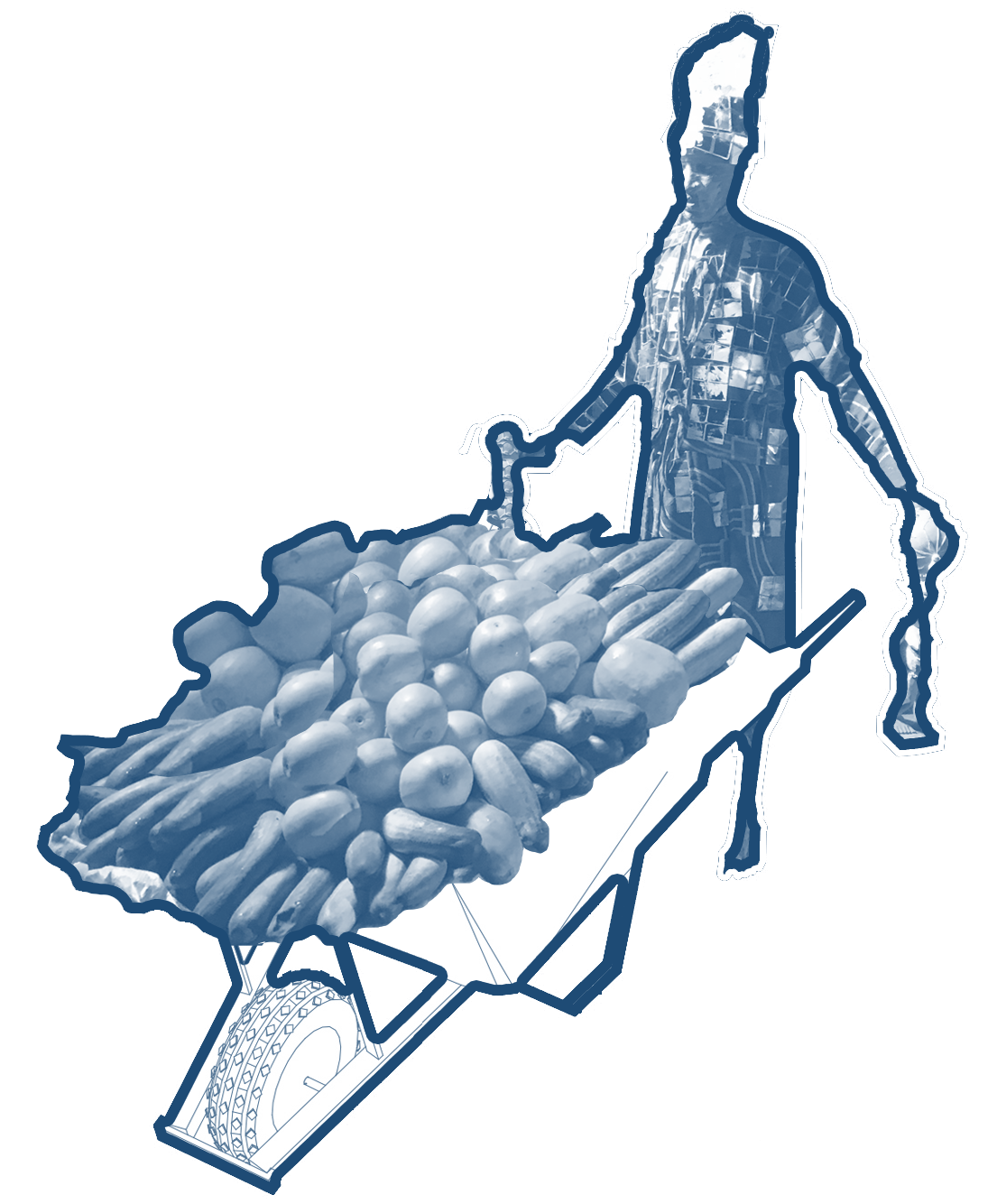
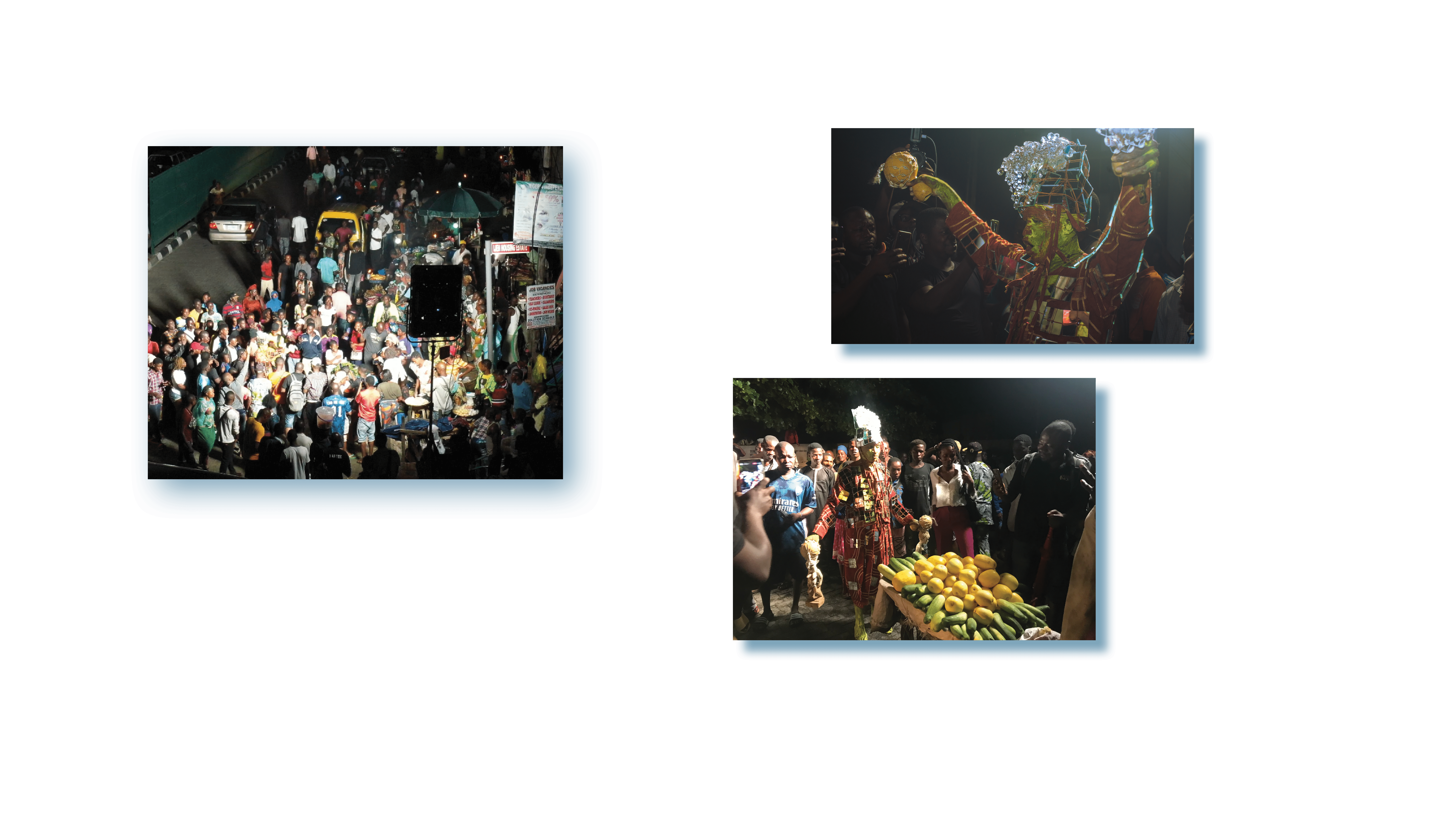
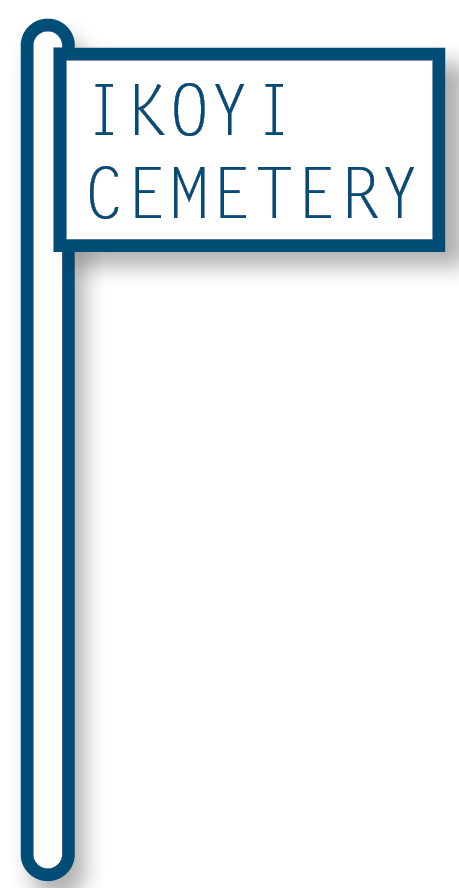

 THE ARCHITECTURE OF THE NIGHT MARKET
THE ARCHITECTURE OF THE NIGHT MARKET URBAN INFORMALITY -
URBAN INFORMALITY - THE NIGHT MARKET
 MARKET AND FORMATIONS
MARKET AND FORMATIONS WE DON’T DIE, THE ARCHIVE IS EMBODIED
WE DON’T DIE, THE ARCHIVE IS EMBODIED AYÉ LOJÀ, OJÀ L’AYÉ
AYÉ LOJÀ, OJÀ L’AYÉ AYÉ LOJÀ, OJÀ L’AYÉ
AYÉ LOJÀ, OJÀ L’AYÉIt was the year 2020- the dissolution of the world as previously known occurred, and the orchestration of a new world order began. The Indian author Arundhati Roy, described the pandemic as ‘a portal, a gateway between one world and the next’. The global lockdowns, induced by the coronavirus pandemic, ignited a series of catalysmic and existential events, forcing many to critically engage, the new world order, part of which emerged at the height of the lockdowns in 2020, and that which will become more apparent post-pandemic from 2022 onwards. Since then, there has been an evident shift in how the populace live in the ‘Now’, and how they confront pressing reality, exchange knowledge, and engage socially within physical and virtual spaces. The transpositions are also evident in how many now confront the local, and the traditional, vis-a-vis the global and the modern.
This shift marginally impacted the ‘global south’, a space already deemed as existing within the effects of what Boaventura de Sousa Santos coined as the ‘abyssal lines’,- a place where ‘the forgotten’ indigenous knowledge systems, which directly impact and shape lived experiences of those in the global south, remain invisible. The late Nigerian author, Chinua Achebe,in his last novel, There was a Country, suggested that artists are connected to their community, ‘not just the community of humans, but communities’ of the ancestors, the animal world, of trees…’ and exist within liminal zones, where they have the artistic freedom to channel abandoned indigenous knowledge systems,challenge normative assumptions, and re-think how to engage memory and history. Artists and their productions are potential entry points, into the complex histories of countries in the presumed South- and their erased stories, alternative knowledge systems, and how to preserve these cultural assets for the future. Engaging within these liminal spaces, hold the key to creating spaces of encounters for the future, and reimaginations and the re-experiencing of a society's abyssal line- that side of ‘non-existence’, where a shifting of the mind and body from ‘place’, -associated with the world of the past, to ‘space’, -which is synonymous with the world of the present and future is possible.
It is within this context, that we facilitated a coming together of creatives,the everyday people and the intelligentsia in the city of Lagos on the 9th of June 2021. The coming together fostered a discourse on embodied and spatial memory. Using the Yoruba traditional belief system surrounding the night market- as a portal, between the living and the dead, as a point of entry; we instigated a spatial intervention called Dúna Dúrà’, at the Ijeh Oluwaloseyi night-market Obálendé, located between the Obálendé transportation hub and the Ikoyi Cemetery on Lagos Island in the city of Lagos Nigeria.
The site-specific re-imagination was an evening of performative encounters. The evening began with what Àrèmo Gemini termed the ‘Sermon from the Dead’- Èjìgbèdè, spontaneous poetry performance and ‘introspection into the constant visits and intercessions of the ancestors, through dreams, daydreams, spectacular events, other nature beings like wildlife, the aquatics, whirlwind, storms ‘. Èjìgbèdè performed by Yusuf Àlàbí Balogun (alias Àrèmo Gemini), prepares the space for multimedia artist Jèlílì Àtíkù’s Ẹ̀mí l'ọlọ́ọjà ara, a channeling and embodying the spirits of the guiding deities of the market Èṣù (preeminent primordial divinity) and Ajé (deity of wealth and patroness of trade and economic prosperity).
The deities were activated through a call by Àtíkù, for them to intercede in acts of remembering and forgetting. Àtíkù’s ‘Gbanjo Gbanjo’, a call for bargaining, opened up a space for the renegotiation of histories between the global North and South.
Àtíkù and Gemini’s role as mediums, between the corporeal and incorporeal world, transformed the night market into a mystical space with many entry points. The three-part performance engaged acts of remembrance and forgetting, digging into cultural and ancestral memories, through a constant dialogue between the performers, the space, and the audience. The intervention was moderated by Obasola Bamigbola, who set the intervention in motion, a day prior, through one-on-one conversations with Moyo Okediji- Professor of Art History at the University of Texas- Austin, on the embodied archive, Steven Ajadi- doctoral scholar University of Cambridge on the architecture of the night market , Taibat Lawanson-Professor of Urban Management and Governance at the University of Lagos on urban informality -The Night Market , and Monsuru Olalekan Muritala PhD.- Historian at the Univesity of Ibadan- on market and formations all via zoom, This was followed by conversations with Adeboye Martins- a behavioural psychologist based in Lagos,on the place Obálendé , followed by Oludamola Adebowale -a cultural activist on the night market and history, Adun Okupe PhD. tourism/leadership researcher and practitioner, Sola Akintunde- architect, Idris Adewale market leader (Baba Ojá ) and Fatimoh Balogun - a trader all spoke on the Yoruba aphroism ayélojà, ojà l’ayé.
The site-specific intervention Dúna Dúrà, curated by Jumoke Sanwo created an opportunity to engage with what Henri Lefebvre termed the ‘third space’, a spatio-temporal site, which confronted the notion of embodied and spatial memory, its dislocation, and interdependencies.Dúna Dúrà asks for a relooking and re-engaging of the methodologies underpinning memory, and in turn archives, as a practice central to decolonizing the archives of the future.
- Jumoke Sanwo
Storyteller|Curator|Cultural Producer
July 2021
Storyteller|Curator|Cultural Producer
July 2021
Jumoke Sanwo is a storyteller, cultural interlocutor, and creative director of Revolving Art Incubator. She works primarily in photography, video art, and extended reality (XR), and her work engages the complexities of bodily, spatial and temporal realities, in postcolonial cities specifically the city of Lagos. She lives and works out of Lagos, Nigeria.
︎: @jumokesanwo
︎: @jumokesanwo